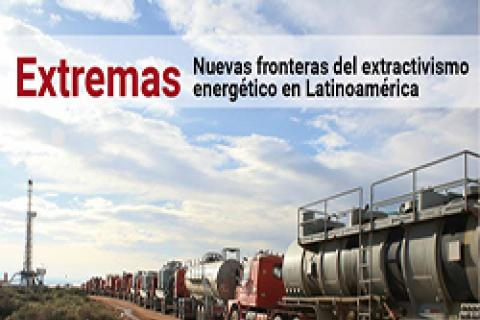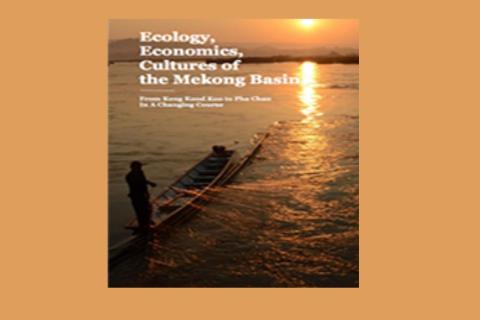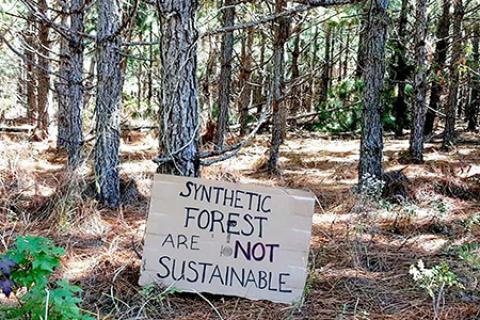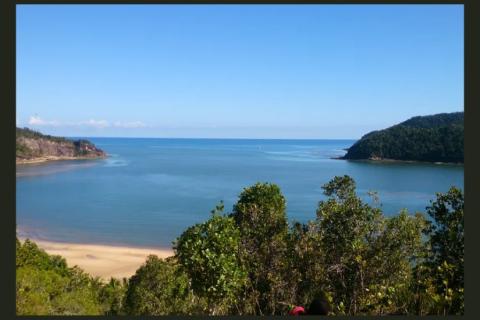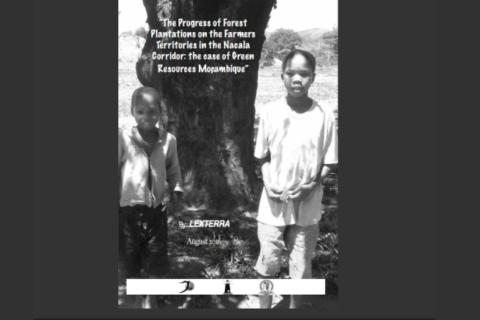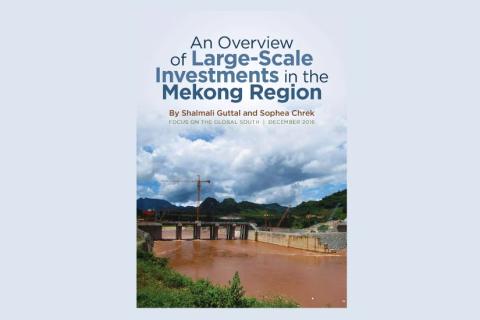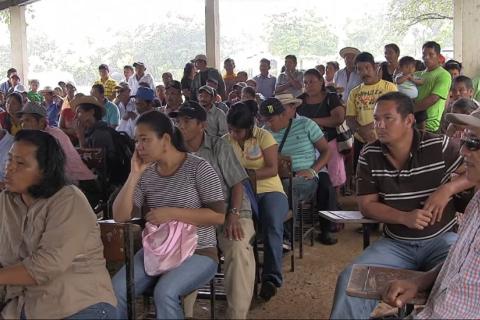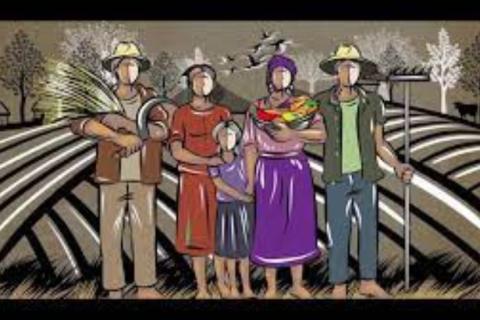Artigo 19 launches its report "I came here to understand: What is carbon? Access to information and the green economy in Pará." The report analyzes and criticizes the absence of processes that facilitate transparent access to information, and social participation, in the existing projects in Pará related to the carbon market and the REDD+ mechanism (Reducing Emissions from Deforestation and Degradation). You can read the publication in Portuguese here: http://artigo19.org/blog/2017/03/24/11201/
Other information
Focused on what are called "extreme energies," an Oilwatch report brings together ten articles that discuss and challenge governments' and companies' initiatives to sustain the fossil fuel matrix. From extraction of heavy and extra-heavy crude oil, to tar sands, to offshore sources in increasingly deep water, to hydraulic fracturing—extreme energies additionally require a global infrastructure chain and transportation fleet. In addition to serious environmental destruction, this intensifies the violence against traditional peoples and their livelihoods. Read the report in Spanish here:
Launched by the Thai organization TERRA, this publication records the story of Mekong riparian communities from 25 sub-districts in 7 provinces of north-eastern Thailand (Isaan). It aims to bring to life the knowledge uniquely shaped by south-east Asia’s longest international river, the Mekong River. It illustrates the delicate complexity of the Mekong hydrology and sub-ecosystems and how these provide the basis of life and livelihoods to the people along the river. It also explores the local cultures and socioeconomic values attached to it with a hint of history and ways of life.
The organization Biofuelwatch is launching a new website page dedicated to compiling their analyses of aspects of the biotechnology push to engineer crops, trees, and microbes for biofuels and the “bioeconomy”. The site includes in-depth investigations of three biofuel companies – Algenol, Mascoma, and Solazyme/TerraVia, and will be updated with forthcoming reports on algae and cellulosic biofuels, followed by further materials.
A mining project threatens to forever destroy the Ampasindava Peninsula—an area that is home to some 33,000 people, primarily in farming and fishing communities. The company Tantalum Rare Earth Malagasy (TREM) has obtained a 300 km2 concession from the Malagasy government to extract rare earth minerals—the most contaminating kind in the world. Support the petition to stop this mine! (in French)
This article, written for the research and communication network, Alba Sud, presents a critical view of territories dominated by capital investments in tourism, with a special focus on Central America and the Caribbean. The incursion of tourism and real estate capital, along with certain laws and public policies, is causing a radical shift in land use. Nature, transformed into a commodity, becomes a way to increase profits; and people are expelled from their lands and alienated from their ancestral knowledge and cultures. Read the article in Spanish at:
Based on evidence from a field investigation, this publication provides a detailed overview of the impacts of pine and eucalyptus plantations on communities in three provinces in Mozambique. The report focuses on one of the main companies active in Mozambique and in Southern and Eastern Africa: the Norwegian company Green Resources. Over the past years, this company has grabbed about 265,000 hectares of lands in Mozambique only, dispossessing communities from lands they depend on for their livelihoods.
Portucel Mozambique is a Portuguese company with the biggest land concession among the plantation companies in Mozambique – 356,000 hectares. Its project includes the construction of a pulp mill for future export to Asian markets. This report, available in English and Portuguese, is based on a field investigation over about 4 years that monitored at community level the loss of lands and livelihood to this large-scale plantation project. Published by Justiça Ambiental/Friends of the Earth Mozambique in 2016, in partnership with the World Rainforest Movement (WRM).
Across the Mekong region, the “development” model promoted by the region’s governments prioritizes trade and investment liberalization, and privatization. Private investment is sought in virtually every sector of the economy. This publication presents an overview of these investment trends in the Mekong region, the regulatory and policy changes designed to facilitate large-scale foreign and domestic investment, and the impacts of such investment on the living and working conditions of workers in Special Economic Zones.
Mining-affected communities in Panama, environmental organizations, human rights defenders, and social and citizens' movements in the country, staunchly reject this exploitative and death-driven industry. Affected families' testimonies and the environmental damages caused by mining in Panama are sufficient reason to stop mining multinationals from operating in the country. Support the call to stop multinational mining companies in Panama by signing the following petition (in Spanish):
Millions of traditional, peasant and indigenous peoples' communities around the world have limited access to their land and forests because the land is being monopolised and controlled by landlords and big corporations. “The Right to Resist Land Grabs” is a short film that tells the story of land grabbing and repression faced by communities, and people’s resistance. See the film in English:

